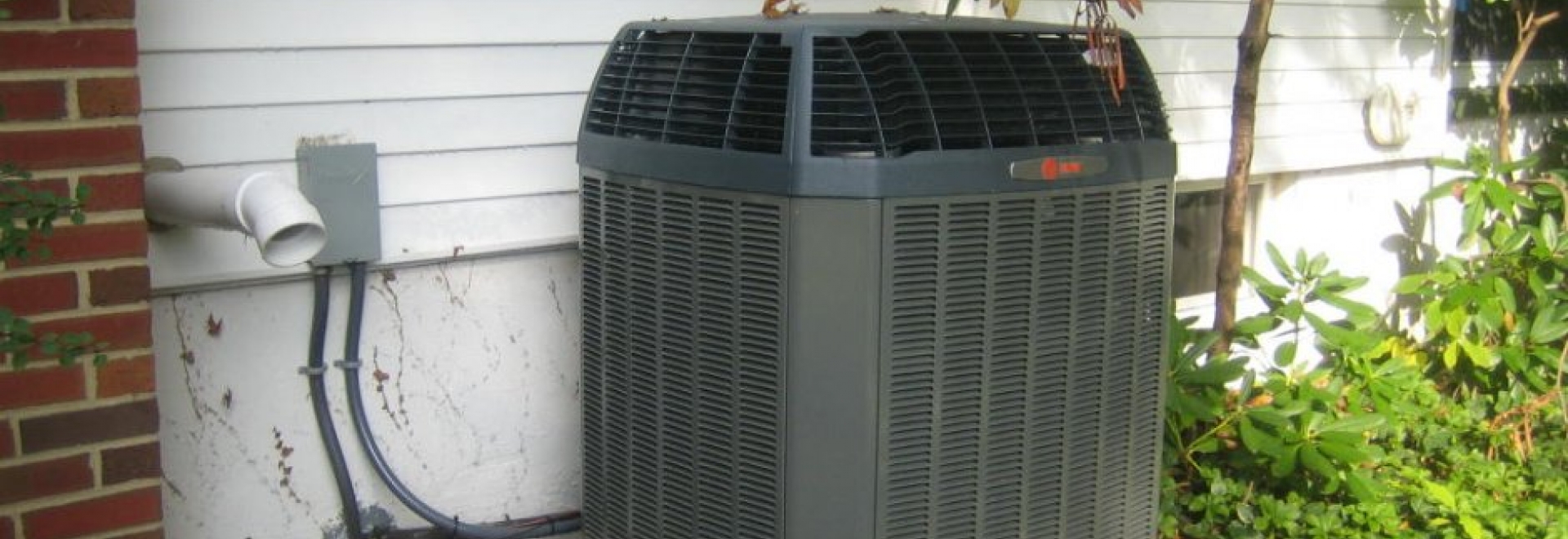
More and more homeowners are turning to ductless mini split and heat pump installation to heat and cool their Central New Jersey homes—these HVAC systems are a great way to reduce energy bills without sacrificing comfort. At Princeton Air, our heating and cooling technicians get a lot of questions about the different kinds of heat pumps available and how the technology works, so today we’re answering the five common heat pump related questions.
1. What Is a Mini Split or a Heat Pump and How Do They Work?
Simply put, heat pumps are high efficiency electric heating and cooling systems. Mini splits, sometimes called ductless mini split systems, are a specific kind of heat pump.
All air source heat pumps have two components—an exterior outdoor unit and an interior air handler, connected by a refrigerant line. In the summer, heat pumps absorb heat from the indoor air and transfer it outside, cooling your home. In the winter, the process is reversed, and heat is extracted from outdoor air (heat pumps are good at finding the heat, even in very cold air, which allows homeowners to use mini splits for heating in cold climates) and brought inside to keep you warm.
How Are Mini Splits and Heat Pumps Different?
The main difference between heat pumps and mini splits is that ducted heat pumps connect to your central ductwork, while ductless mini splits don’t require ductwork to deliver comfort—air handlers are installed right in the rooms in your house you’re looking to target.
2. How Energy Efficient Are Mini Splits and Heat Pumps?
The biggest benefit of heat pumps and mini splits is energy efficiency. For example, heat pumps use up to 50% less electricity than traditional electric resistance heating systems like electric baseboards and furnaces. This can add up to significant energy savings over the course of the year, and allow you to replace your entire HVAC system.
3. Where Do Mini Splits and Heat Pumps Work Best?
One of the great features of heat pumps and mini splits is their flexibility. At Princeton Air, we specialize in hybrid ducted heat pump systems, where both a furnace and heat pump are connected to the same ductwork, and switch back and forth to maximize your energy efficiency while still keeping you comfortable.
We can also help you determine the best location for mini split installation in your home. You can install mini splits in basements, bedrooms, or just about anywhere in your home where you’d like targeted cooling and heating. Many homeowners put mini splits in small rooms without duct vents (often the case with new additions or converted rooms above garages), or in areas of your home that don’t get enough regular heating and cooling.
4. How Long Does It Take to Install a Heat Pump or Mini Split?
Because there’s no complicated ductwork or major inside work, heat pumps and mini splits are a hassle-free heating and cooling improvement for your home. Princeton Air can generally install your mini split heat pump in a single day, with minimal construction debris or intrusion into your home. The exterior unit is placed on an outer wall away from sleeping areas and then connected to the interior unit.
Inside your home, mini split air handlers are usually mounted high on a wall to maximize air flow. Once the installation is complete, we’ll show you exactly how to set up your mini split for maximum comfort all year long.
5. Do Mini Splits and Heat Pumps Require Maintenance?
Like any mechanical device, heat pumps and mini splits will run most efficiently, and for longer, with routine maintenance. Twice a year, you should have a nationally certified technician inspect your system—both the interior and exterior components—to help you avoid expensive breakdowns and continue keeping costs low with energy-saving operation. Enroll in Princeton Air’s Club Membership program for convenient scheduling, discounts, and more.
Find Mini Split AC Installation Near You
Looking for the best mini split heat pump for cold weather? Learn more about this energy efficient technology and find out the costs of installing a mini split system in your home with Princeton Air. We’ll help you find a HVAC configuration to lower your utility bills year-round and deliver whole home comfort to you and your family.
